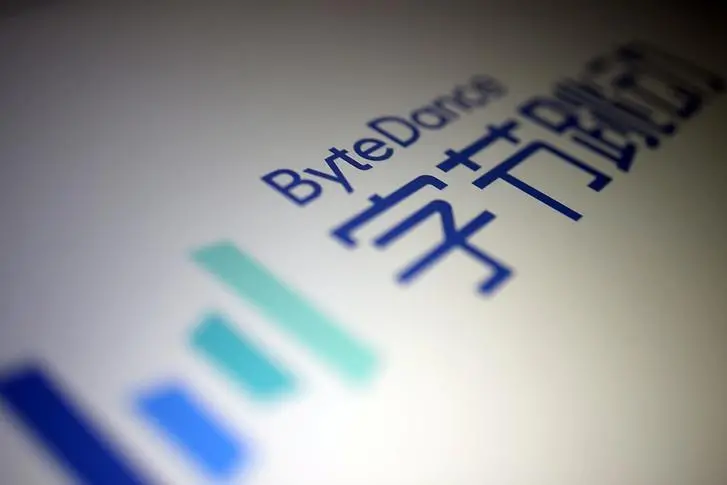PHOTO
(The author is a Reuters Breakingviews columnist. The opinions expressed are her own.)
MUMBAI - Two years into an aggressive campaign to curb Beijing’s influence in its technology sector, New Delhi is ramping up the effort. It suggests India might eventually force foreigners to choose between accepting significant cash from companies in the People’s Republic and tapping the fast-growing Indian market.
India is not the only country targeting Chinese investment in the name of national security, but border tensions have increase its urgency. Direct investments by Chinese companies into Indian ones have required special approval since early 2020. In recent days, officials have added 54 apps to a lengthy ban list, most of them Chinese but also including “Free Fire”, a video game developed by Singapore’s $83 billion tech giant Sea SE.N , which enjoys backing from Chinese gaming champion Tencent.
Concerns that its stake would be politically problematic – Tencent apps were targeted by India in earlier rounds - might explain the company’s surprise decision in January to trim its voting stake in Sea from 23% last March to less than 10%. Clearly that wasn’t enough. Its shares plunged by one fifth on Monday as news of a ban emerged before recovering, and are now only 6% off Friday’s close. That better reflects the potential reduction to the company’s top line, based on Morgan Stanley estimates and Refinitiv data.
Earlier investment rules have created a messy situation for Indian startups. Alibaba-backed fintech Paytm and food delivery giant Zomato, for example, have a combined $3.5 billion of market value tied to Chinese owners. Although plenty of non-Chinese money is piling into Indian tech, unwinding existing stakes will still be painful for these money-losing companies grappling with a wider global tech rout.
The move against Sea is warning that Prime Minister Narendra Modi’s government might soon force companies to choose between Chinese growth funds – and the intellectual capital and business relationships it can entail - and India’s vast market. Sea is fortunate that it is no longer an early stage startup and some distance from Tencent might not be too damaging. Others will have to adapt.
CONTEXT NEWS
- India has blocked access to 54 mobile apps over security concerns, Reuters reported on Jan. 15 citing government sources. Most of them are Chinese but the block also includes Singapore-based Sea’s "Free Fire" mobile game. China’s gaming giant Tencent is in an investor in Sea.
- India believes user data was being sent via the apps to servers in China, one of the government sources said. Such collection would allow the data to be mined, collated, analysed and profiled, potentially by "elements hostile to the sovereignty and integrity of India and for activities detrimental to national security," the source added.
- The ban list which began in 2020 with 59 Chinese apps including TikTok, has expanded to cover over 300 apps.
(The author is a Reuters Breakingviews columnist. The opinions expressed are her own.)
(Editing by Pete Sweeney and Katrina Hamlin) ((For previous columns by the author, Reuters customers can click on GALANI/ SIGN UP FOR BREAKINGVIEWS EMAIL ALERTS https://bit.ly/BVsubscribe | una.galani@thomsonreuters.com; Reuters Messaging: una.galani.thomsonreuters.com@reuters.net))





















